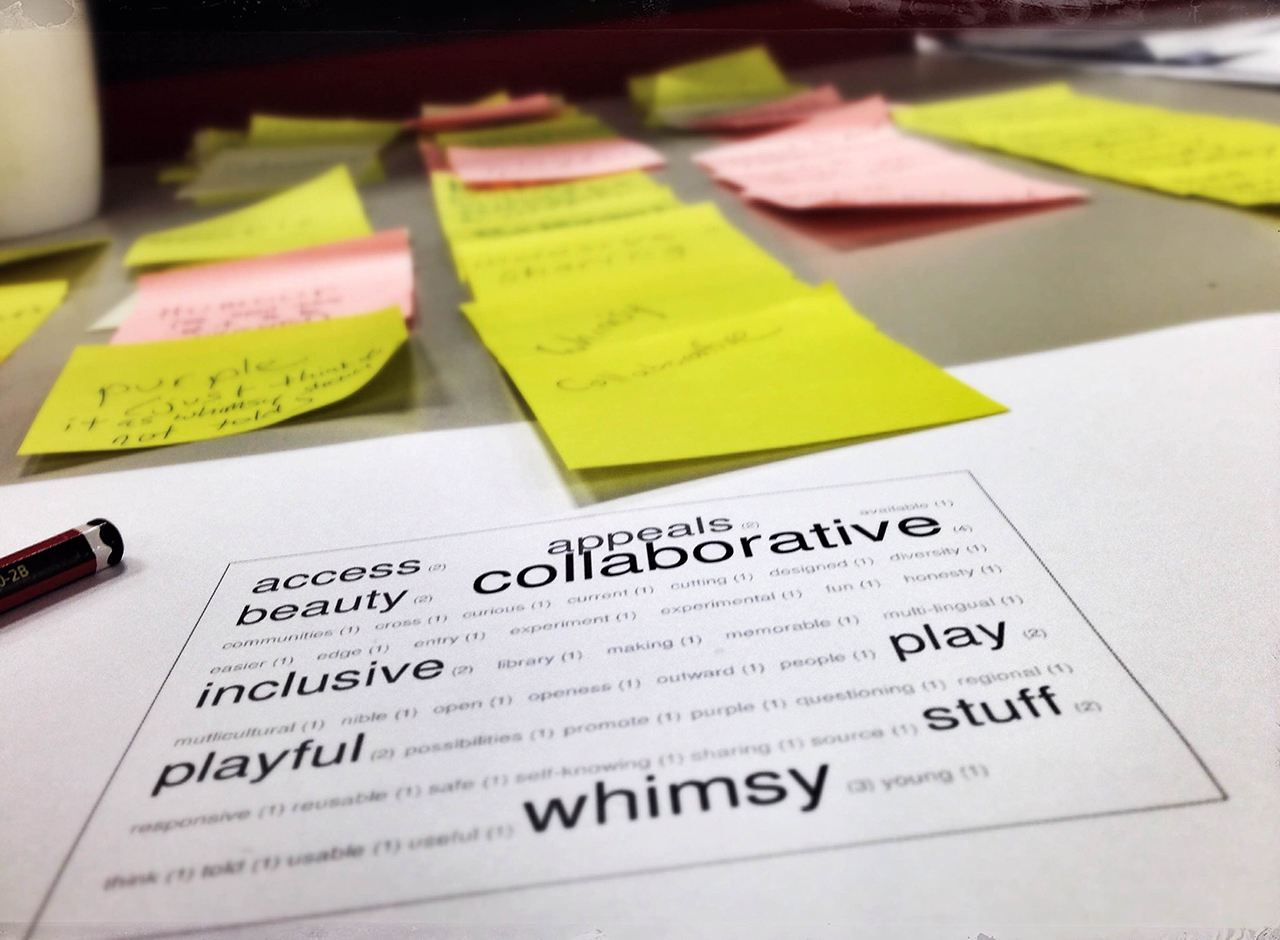
DX Lab 2015-2021
DX Lab 2015-2021: Collaboration, Experimentation, and Insight
From 2015 to 2021, the DX Lab produced over 30 digital experiences based on the Library’s collections. They varied in form, from data visualisations to immersive 3D visual and aural experiences, from social media crowdsourcing campaigns to moving in-person gallery exhibitions, but they all shared one common element, they all used the Library’s rich collections as their inspiration.
These experiments involved collaboration with Library staff or external digital creatives through “drop-ins” and fellowships. They were prototypes using new technologies or new ways of exploring collections within our Library environment. They all provided us with valuable insights and demonstrated novel ways to access our digital collections.
Our projects won several awards, including a VALA award for The Diary Files, and several international awards for the very successful gallery and online portrait experience #NewSelfWales.
We created the Lab in 2015, two years into the start of our 10-year collection digitisation program. With many digitisation projects underway, including complex collection formats such as manuscripts, maps, and paintings, the arrival of DX Lab was timely. It helped us explore ways in which technology can bring new value to readers accessing our digital collections.
The DX Lab practices and principles, such as audience first and user-based design thinking, have also influenced the rest of the Library, changing our “business as usual” practices. Some of our experiments have been incorporated into ongoing services and exhibits such as the front-end design and collection hierarchy display for the new Library catalogue.
With the program funding coming to an end in June 2022, the DX Lab, itself an experiment, will now come to a close. However, we are committed to making the DX Lab’s website and projects accessible for ongoing reference, sharing our learnings through our blogs and experiments.
We thank you for your interest and support of the Lab over the last six years.

